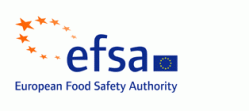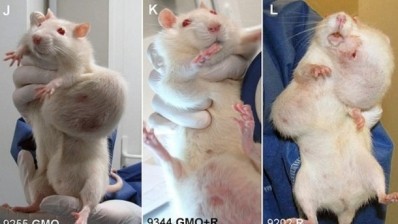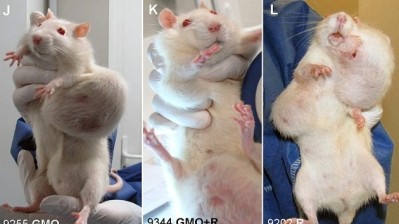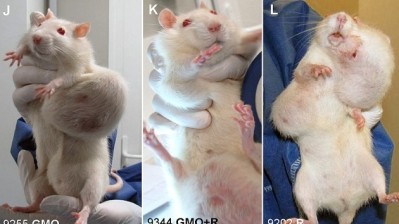EFSA slams GM cancer study as not ‘scientifically sound’

In its initial report into the findings of the much publicised study, the European Food Safety Authority (EFSA) said there were inadequacies in the design, reporting and analysis of the study. The European regulator said such shortcomings mean that it is “presently unable to regard the conclusions of the controversial study as scientifically sound.”
EFSA has called on the French research team behind the study to share any unpublished additional data “in the name of openness and transparency.”
“To enable the fullest understanding of the study the Authority has invited authors Séralini et al to share key additional information,” said EFSA.
A second, more detailed, EFSA review of the study is expected to take into account any additional data provided by Séralini and his team. The findings of this second review are due by the end of October 2012.
The full EFSA report can be found by clicking here.
Flawed
Dr Per Bergman, director of scientific evaluation of regulated products (REPRO) at EFSA, said while some people may be surprised that EFSA’s findings focus on methodologies rather than the highly publicised findings of the study, issues with methodological inadequacies “goes to the very heart of the matter.”
“When conducting a study it is crucial to ensure a proper framework is in place,” explained Bergman. “Having clear objectives and the correct design and methodology create a solid base from which accurate data and valid conclusions can follow.”
The European regulator said numerous issues relating to the design and methodology of the study mean that no conclusions can be made about the occurrence of tumours in the rats tested.
“Without these elements a study is unlikely to be reliable and valid,” Bergman reiterated.
The European association for bio-industries (EuropaBio) said the EFSA statement gives weight to the ‘wave’ of comments suggesting that the study – with its accompanying film, books and media campaign – “should be seen as a publicity stunt designed to scare consumers and drive a political agenda, rather than to present trustworthy, methodologically correct science upon which policy conclusions can be based.”
Key findings
EFSA outlined a list of the key issues that it said would need to be resolved before the research could be viewed as well-conducted and properly-reported. These include:
- The strain of rat used in the study is prone to developing tumours during their life expectancy.
- The authors split the rats into 10 treatment sets but established only one control group.
- Many endpoints have not been reported in the paper. This includes relevant information on lesions, other than tumours, that were observed. EFSA has called on the authors to report all endpoints in the name of openness and transparency.
- The paper has not complied with internationally-recognised standard methods – known as protocols - for setting up and carrying out experiments.
- The study uses only 10 rodents per treatment set, while the relevant OECD guideline specifies the need for a minimum of 50 rats per treatment group. The low number of animals used is insufficient to distinguish between the incidence of tumours due to chance rather than specific treatment effects.
- The authors have not stated any objectives. Research objectives define crucial factors such as the study design, correct sample size, and the statistical methods used to analyse data - all of which have a direct impact on the reliability of findings.
- No information is given about the composition of the food given to the rats, how it was stored or details of harmful substances – such as mycotoxins – that it might have contained.
- It is not possible to properly evaluate the exposure of the rats to the herbicide as intake is not clearly reported. The authors report only the application rate of the herbicide used to spray the plants and the concentration added to the rats’ drinking water but report no details about the volume of the feed or water consumed.
- The paper does not employ a commonly-used statistical analysis method nor does it state if the method was specified prior to starting the study. The validity of the method used is queried and there are questions over the reporting of tumour incidence. Important data, such as a summary of drop outs and an estimation of unbiased treatment effects have not been included in the paper.








